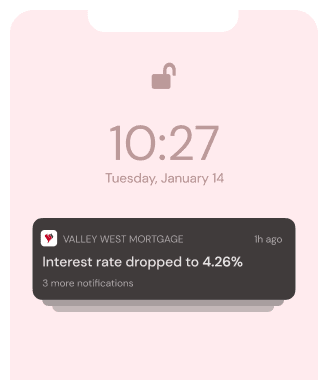Settlement offers help for Nevadans who faced foreclosures
Las Vegas, NV (KTNV) -- Las Vegas is one of the hardest-hit areas in the country when it comes to foreclosures, and residents are wondering how the new national settlement may help them.
There are still many questions regarding how the payout will reach those who need it most, and some worry that it's already too late.
"I went to home modification twice," James Miller, a Las Vegas resident who lost his battle with the banks, said. "And they say, 'we'll see what we can do about it.' Nothing happened."
Miller said he paid cash for his house, but was advised to take out a loan for $182,000. He couldn't keep up with the payments, and despite trying to work with Bank of America, he says they took over his home in August of 2011.
"It was our home," Miller said. "My wife was so aggravated, she had a stroke and died. That's not going to bring her back, nothing will bring her back, but I'd like to get my home back."
The government announced a $25 billion deal reached between 49 states and the nation's five largest banks on Thursday.
Those lenders were accused by the government of a long list of abuses- among them, robo-signing. Under this deal, about 1 million homeowners under water with their mortgages will have their debt reduced by lenders or be able to refinance at lower rates.
Another 750,000 Americans who lost their homes in the last three years will get a check for about $2,000.
Unsure on whether he qualifies for help in this settlement, Miller said he intends to find out.
"I'm 80 years old, and I got nowhere else to turn," he said.
Critics say the settlement will only help a small fraction of the millions of homeowners who are drowning under their mortgages, and it won't move anyone back into the home they lost to foreclosure.
The state Attorney General said Nevada will receive about $1.3 billion in benefits from loan modifications and other relief.
you can watch the news report Here
